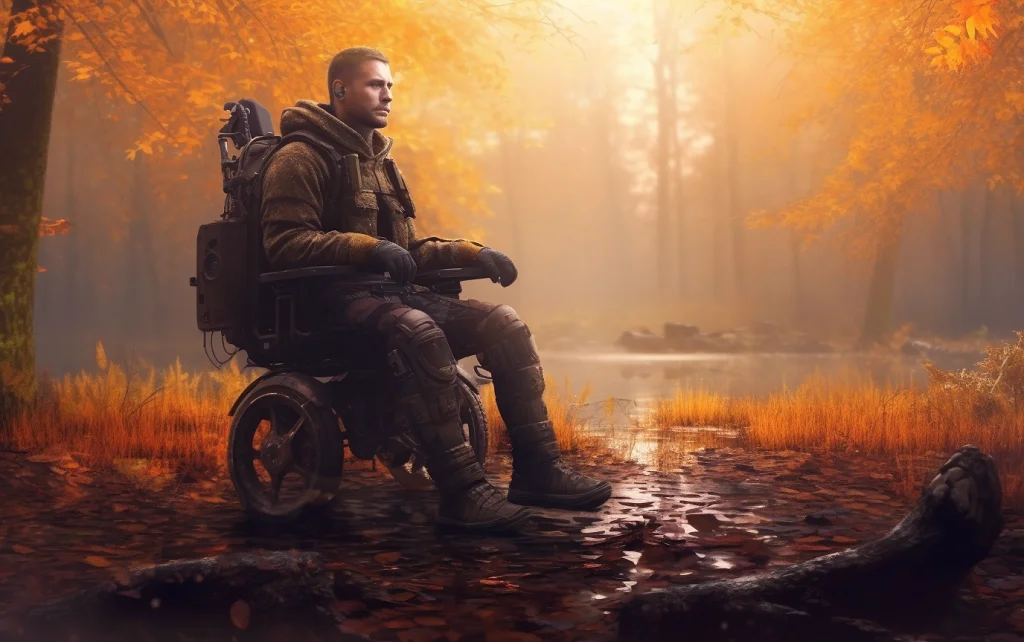
Table of Contents
Hunting and shooting can be challenging, but it can be even more challenging for those with disabilities. However, with the right tools and techniques, hunters and shooters with disabilities can still enjoy the sport. In this article, we will provide some tips for hunting and shooting with disabilities, specifically focusing on shooting with your non-dominant hand.
The first step in hunting and shooting with a disability is to understand your physical limitations. This includes any mobility or strength issues, as well as any sensory or cognitive limitations that may affect your shooting accuracy. Once you have identified these limitations, you can begin to develop strategies and techniques that work best for you.
To hunt or shoot with a disability, it’s vital to find suitable equipment. This includes properly sized and weighted firearms or bows, along with helpful accessories for stability and accuracy. Consider using your non-dominant hand for easier shooting.
Many hunters and shooters find that shooting with their non-dominant hand can improve accuracy and stability, particularly when shooting in different positions or with different types of firearms. It can also help to reduce fatigue and strain on your dominant hand, which is important if you have a disability that affects your strength or mobility.
Shooting with your non-dominant hand takes practice but can be done with patience. Focus on a proper shooting stance with feet shoulder-width apart and non-dominant foot slightly forward. You should also practice gripping the firearm or bow with your non-dominant hand, using a firm but relaxed grip.
There are a variety of tools and accessories that can help with shooting accuracy when using your non-dominant hand. These may include a bipod or tripod to provide stability, a cheek rest to help with alignment, or a laser sight to improve accuracy. It’s important to experiment with different accessories to find what works best for you.
Hunting and shooting with a disability can be mentally challenging, as well as physically challenging. It’s important to recognize when you are feeling frustrated or anxious, and to take a break or seek support if needed. Talking with other hunters or shooters with disabilities can be a helpful way to gain perspective and tips for overcoming these challenges.
A positive attitude and motivation are key to success in hunting and shooting with a disability. It’s important to set realistic goals, celebrate successes, and learn from failures. Surrounding yourself with supportive friends and family can also help to keep you motivated and focused on your goals.
Shooting and hunting with a disability can present unique challenges, but with the right techniques, equipment, and mindset, it can also be incredibly rewarding. By focusing on understanding your disability, selecting the right equipment, developing good technique, and overcoming mental challenges, you can enjoy the sport of hunting and shooting to the fullest. And remember, don’t be afraid to ask for help or support when you need it.
When it comes to tactical rifle scopes, not all optics are created equal. The differences…
In today’s age of high-tech hunting, drones have transformed the way hunters scout terrain, locate…
Every hunter knows that a steady shot can make or break a hunt. Whether you’re…
Smart rifle scopes have shifted from niche gadgetry into practical tools for hunters, competition shooters,…
Hunting isn’t just a sport it’s a legacy of stewardship, respect for nature, and hands-on…
If you’re new to hunting or target shooting, choosing the right rifle scope can feel…
This website uses cookies.